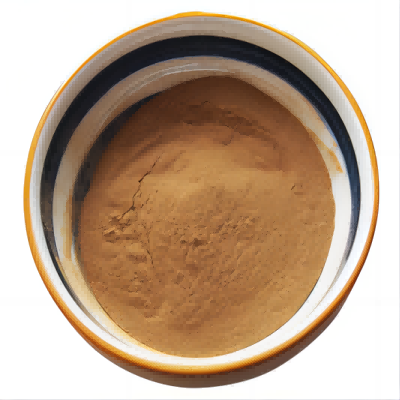BIUREA CAS:110-21-4
Biurea has several important applications across different industries, particularly in agriculture, pharmaceuticals, and material science. In agriculture, biurea is utilized as a nitrogen fertilizer. Due to its slow-release characteristics, it provides a sustained supply of nitrogen to plants, promoting growth while minimizing environmental impacts compared to traditional fertilizers. This property makes biurea ideal for improving soil fertility and crop yield, contributing to sustainable farming practices. In the realm of pharmaceuticals, biurea serves as a building block in synthesizing various bioactive compounds. Its ability to form stable complexes with metal ions allows it to be involved in producing coordination compounds that exhibit antimicrobial and antifungal properties. These characteristics make biurea a valuable ingredient in developing new therapeutic agents aimed at treating infections and other health-related issues. Moreover, biurea finds utility in chemical synthesis as a reagent and intermediate in producing resins and plastics. It is employed in synthesizing polyureas, which are versatile polymers used in coatings, adhesives, and elastomers due to their excellent mechanical properties and resistance to abrasion and chemicals. In addition, biurea can serve as a stabilizer in certain chemical processes, enhancing the efficiency and quality of the final products. Furthermore, ongoing research is examining biurea's potential applications in the field of materials science, including its use in developing biodegradable polymers and environmentally friendly materials. Overall, biurea's diverse properties and functions make it an essential compound with widespread implications in numerous sectors, reinforcing its significance in both industrial and research applications.
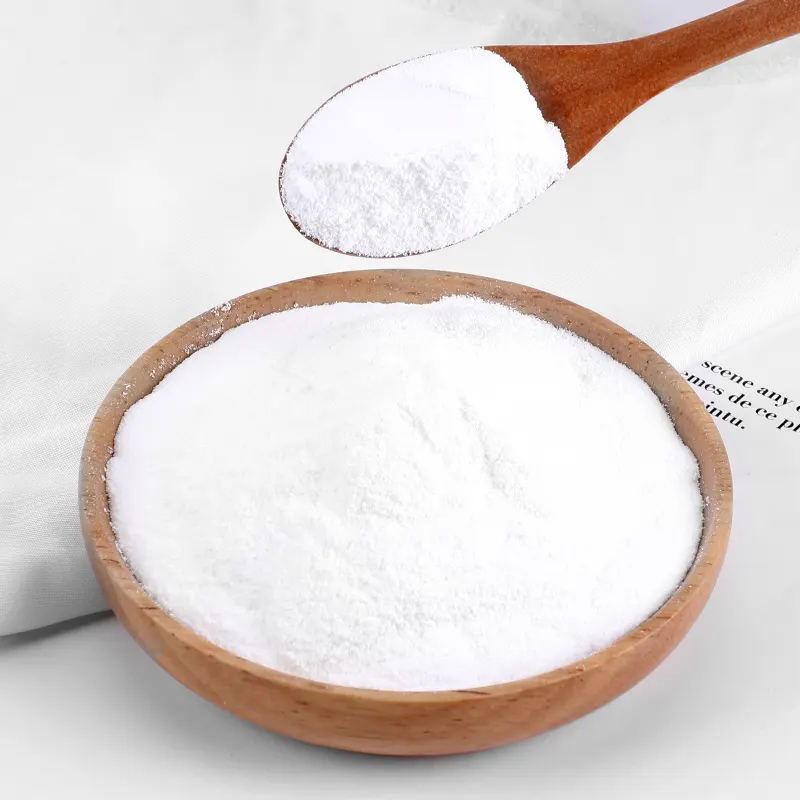
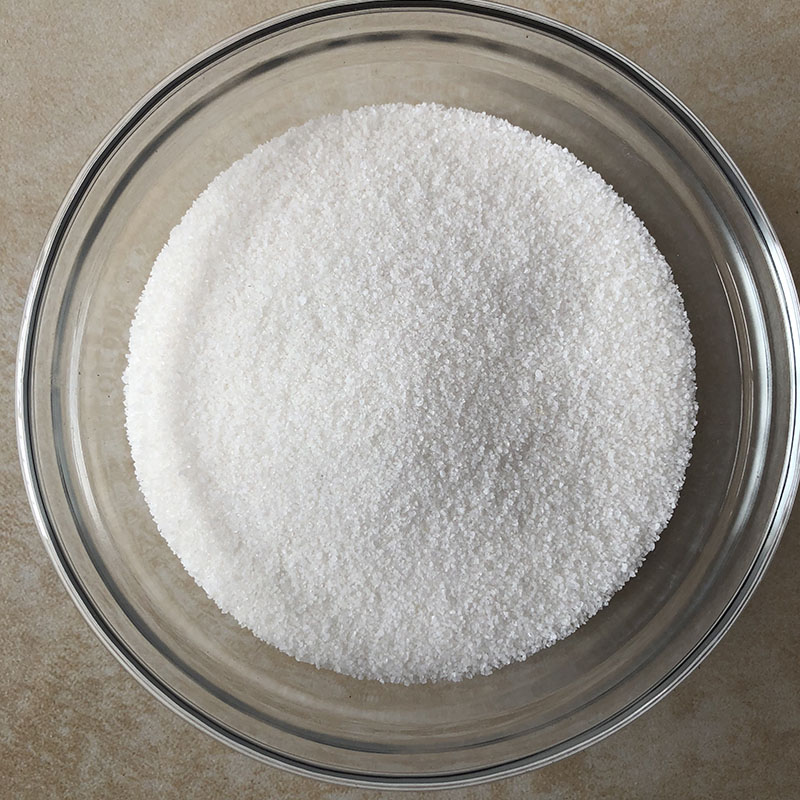
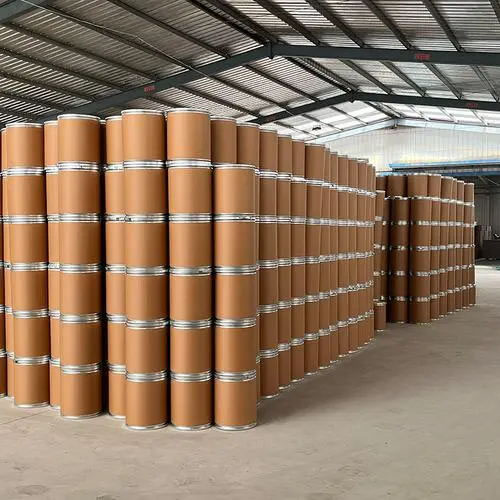
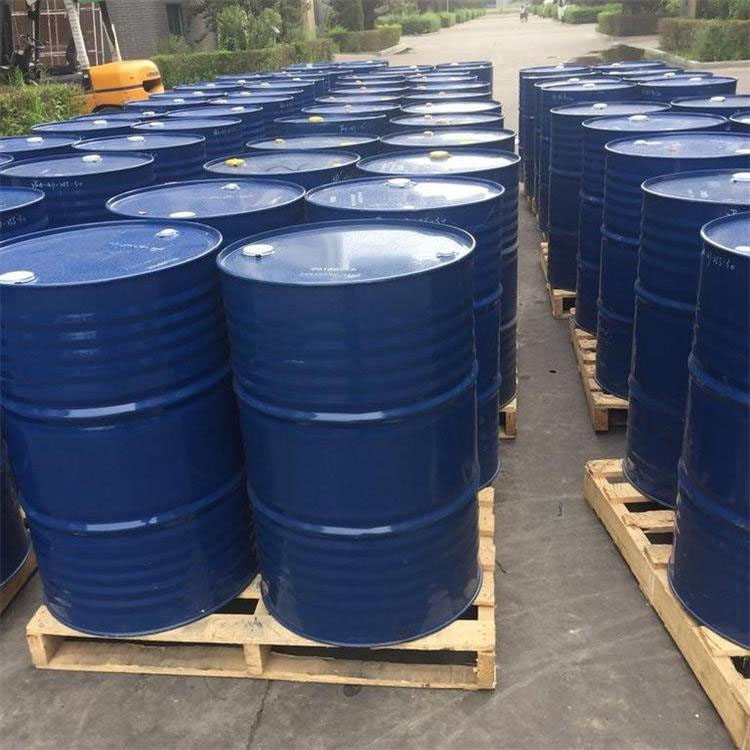
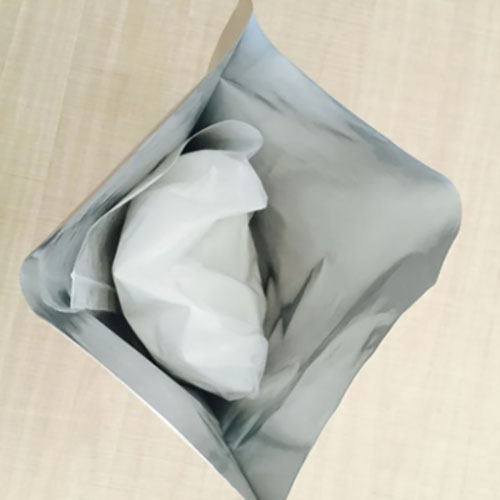
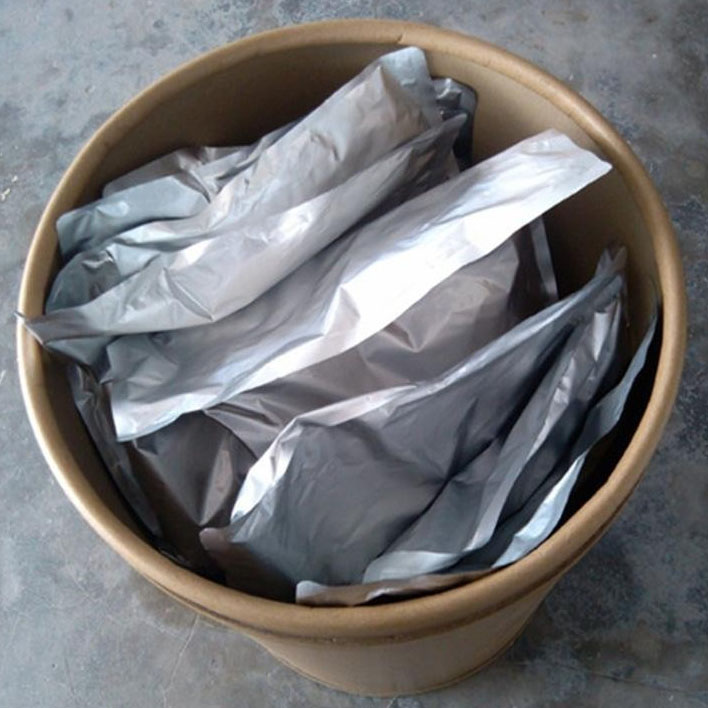
| Composition | C2H6N4O2 |
| Assay | 99% |
| Appearance | white powder |
| CAS No. | 110-21-4 |
| Packing | Small and bulk |
| Shelf Life | 2 years |
| Storage | Store in cool and dry area |
| Certification | ISO. |




